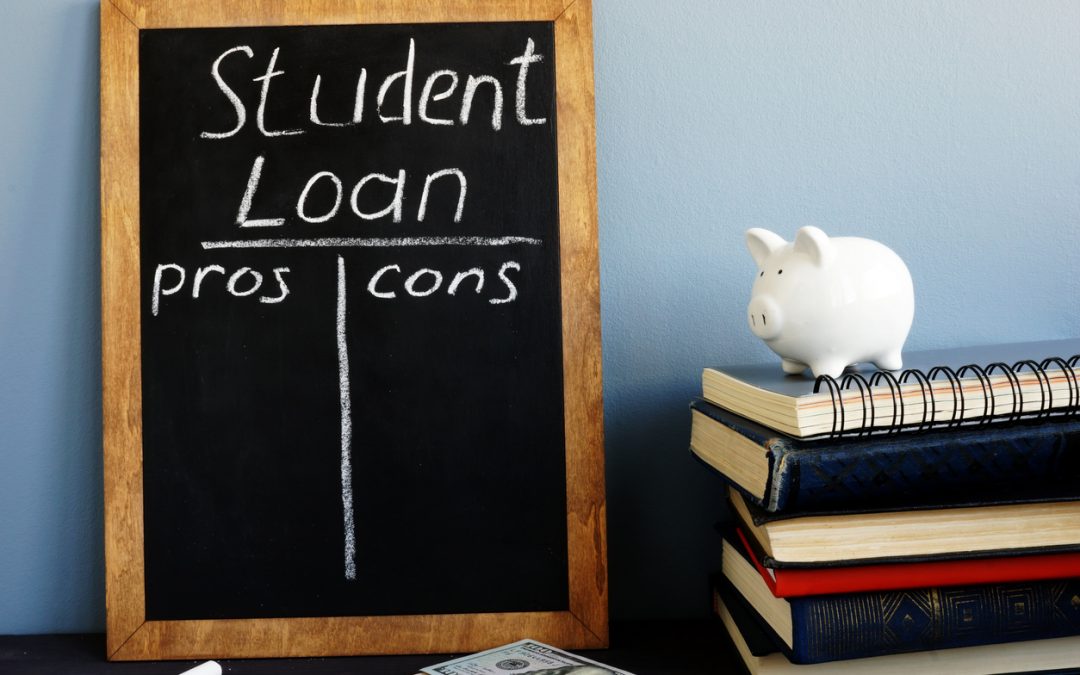If you’re wondering whether refinancing and consolidation are the same thing, the answer is no—but they are both good ways to efficiently manage student loan debt.
Refinancing is taking all your student loan debt, private and federal, and replacing that existing debt obligation with a new debt obligation under different terms.
Consolidating is combining all your student loans into one bigger loan from a single lender. The loan resulting from consolidation will differ based on whether you’re working with the federal government or a private lender.
Let’s dig into which option may be best for you.
Refinancing private student loans
This option allows you to take loans from multiple sources and roll them into one new loan with a new interest rate and new terms.
Although each lender has different specific qualifications, for the most part, you need to have the following:
- a good credit score
- a steady income
- a low debt-to-income ratio
If you meet the eligibility requirements, refinancing private student loans can give you a better interest rate.
Pro tip! Research is the key to financial success and freedom in the realm of student loans. Check out this article on the top 10 private student loan refinancing providers, and make sure you’re in the know!
Note: There is no such thing as federal student loan refinancing. The only way to refinance federal student loans is to choose a private lender, but this isn’t always a good idea.
Consolidating private student loans
This option allows you to roll various private loan sources from the same lender into one.
If you’re interested in consolidating, contact your lender to see if they offer this option. Consolidating loans is generally a good idea—as long as you’re clear on the terms.
Note: You cannot consolidate private student loans into federal loans, but you can refinance federal loans into private.
Consolidating federal student loans
You can use a Direct Consolidation Loan to pull all your debt into one payment, lower your monthly payment, and keep you in a position to qualify for the many federal repayment and forgiveness programs.
Consolidating federal student loans also will not hurt your credit. In fact, since consolidating them will give you just one monthly payment, your credit may improve.
Note: If you qualify for the relatively new Public Service Loan Forgiveness program, consolidating federal student loans is better than refinancing them. If you refinance your loans with a private lender, they will no longer be federal and, therefore, will no longer be eligible.
Pro tip! You can combine variable-rate loans into one fixed-rate loan. Some older federal loans have variable interest rates, which means your monthly payment fluctuates with the market. Fixed rates are set for the life of the loan.
The bottom line
Now that you understand the difference between these two options, here are some key points to keep in mind:
- Refinancing private loans is a good idea and can secure you a lower interest rate.
- Refinancing federal loans into private loans will render you ineligible for federal programs and protections.
- If you qualify for PSLF, refinancing federal loans is a bad idea.




